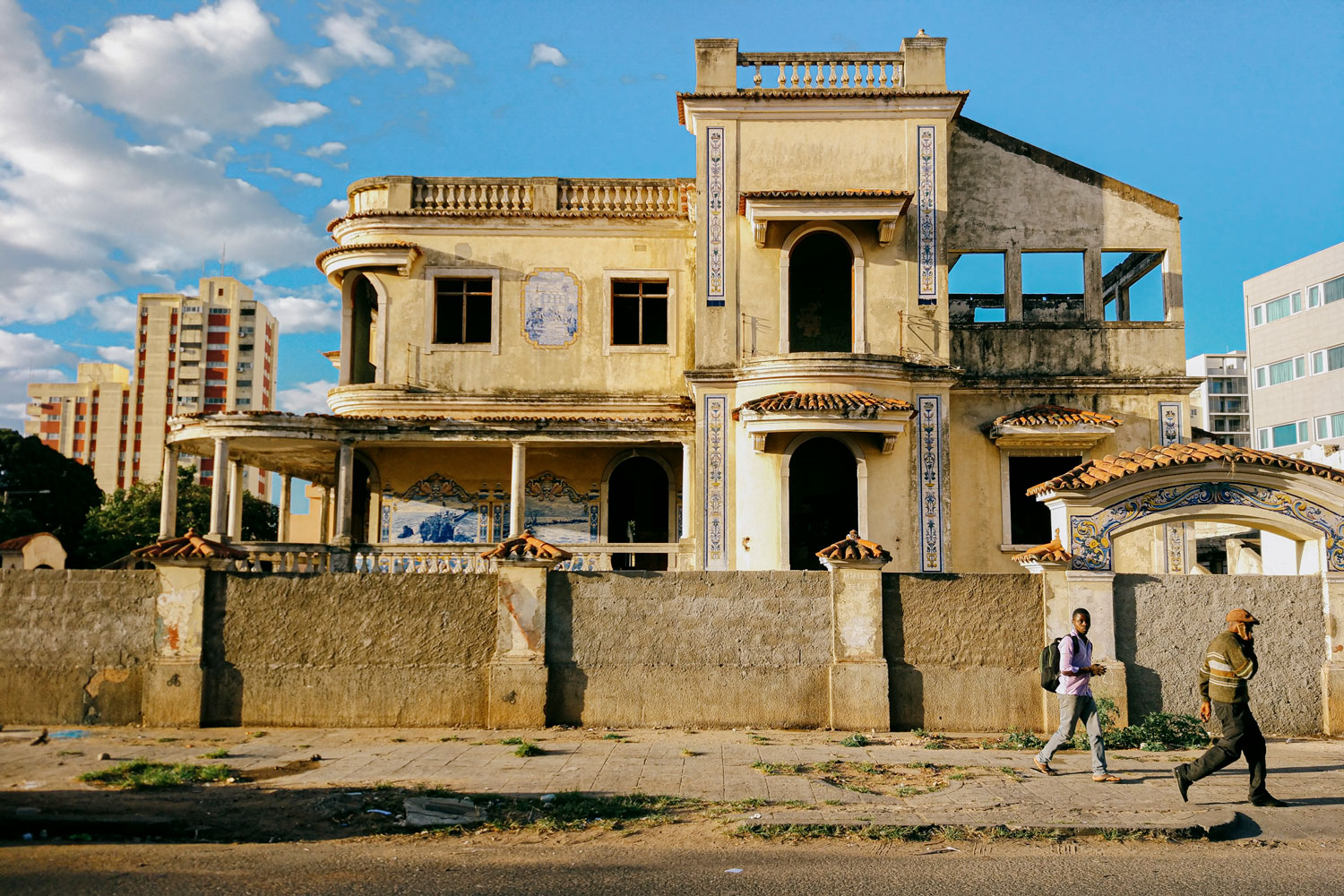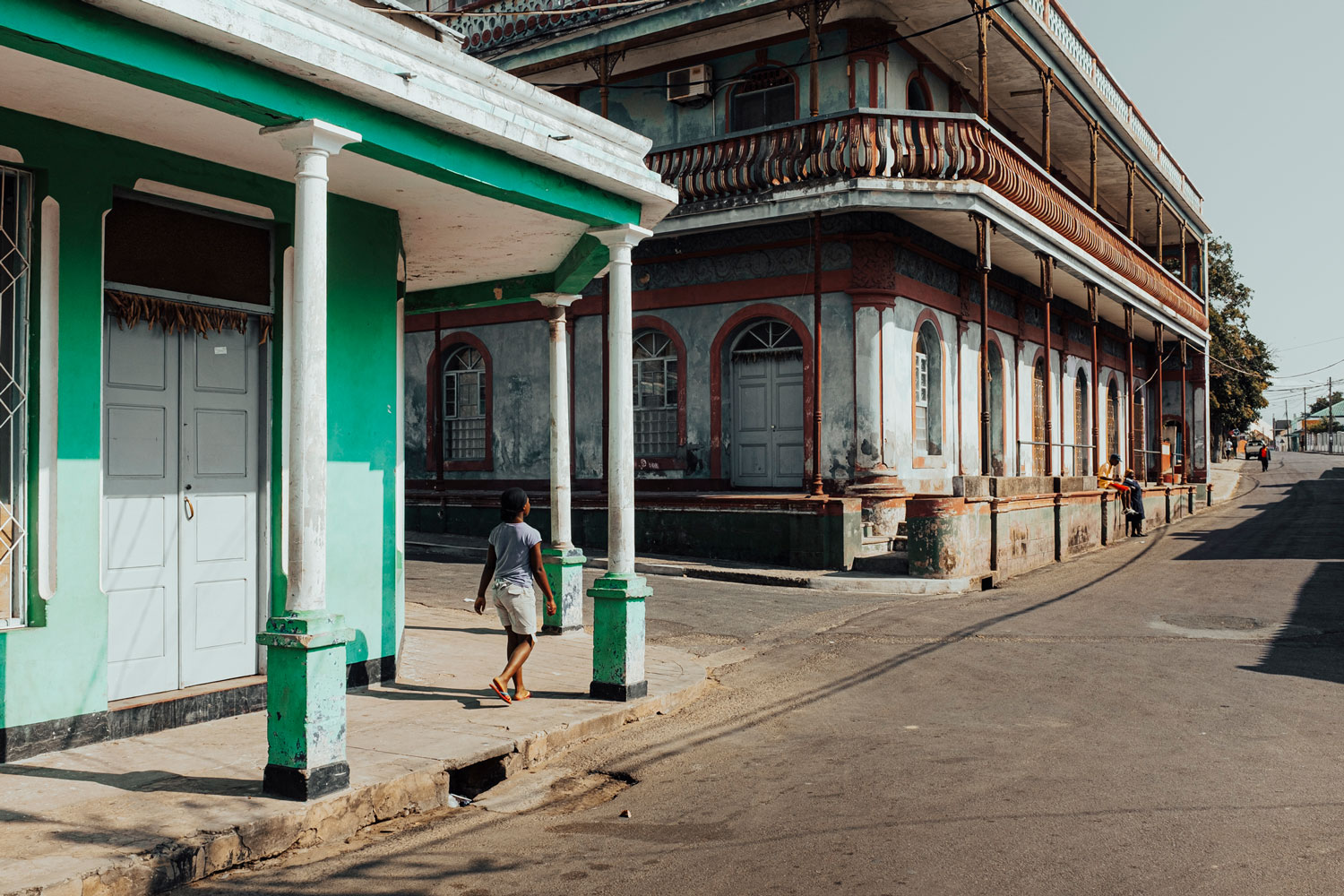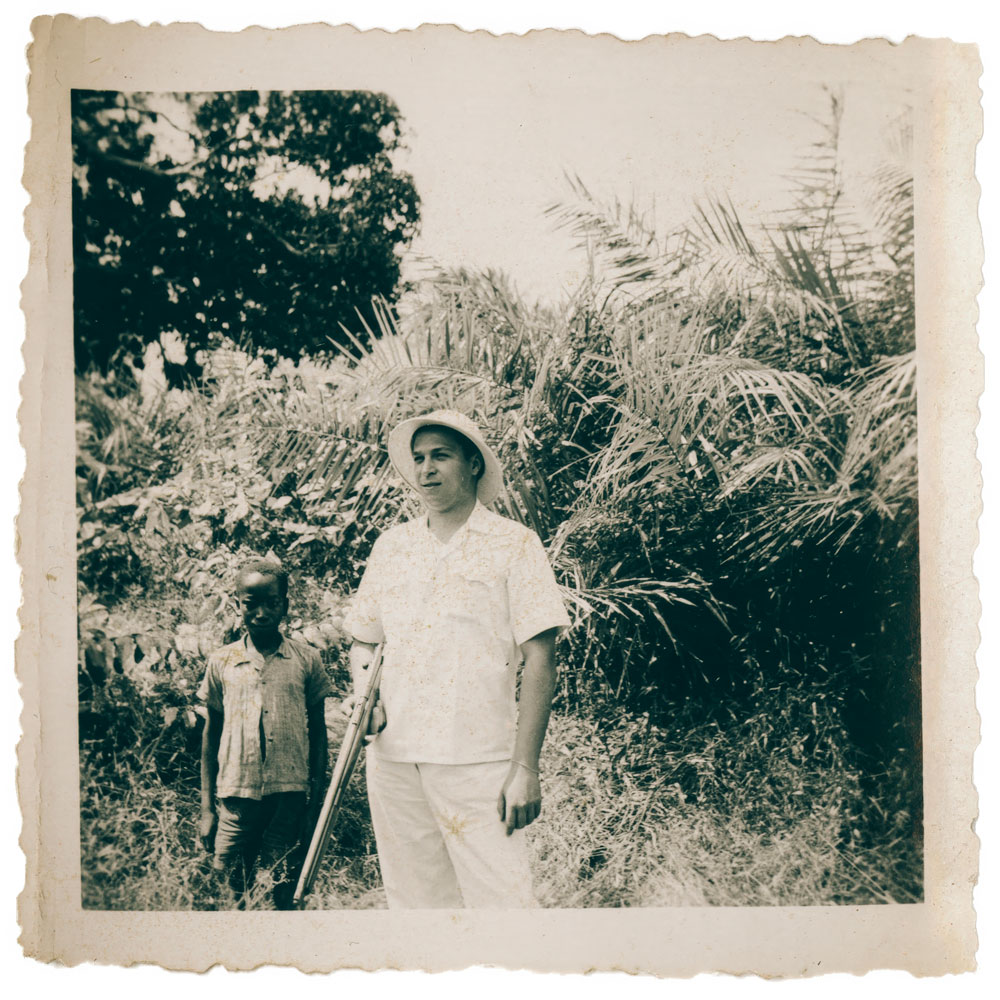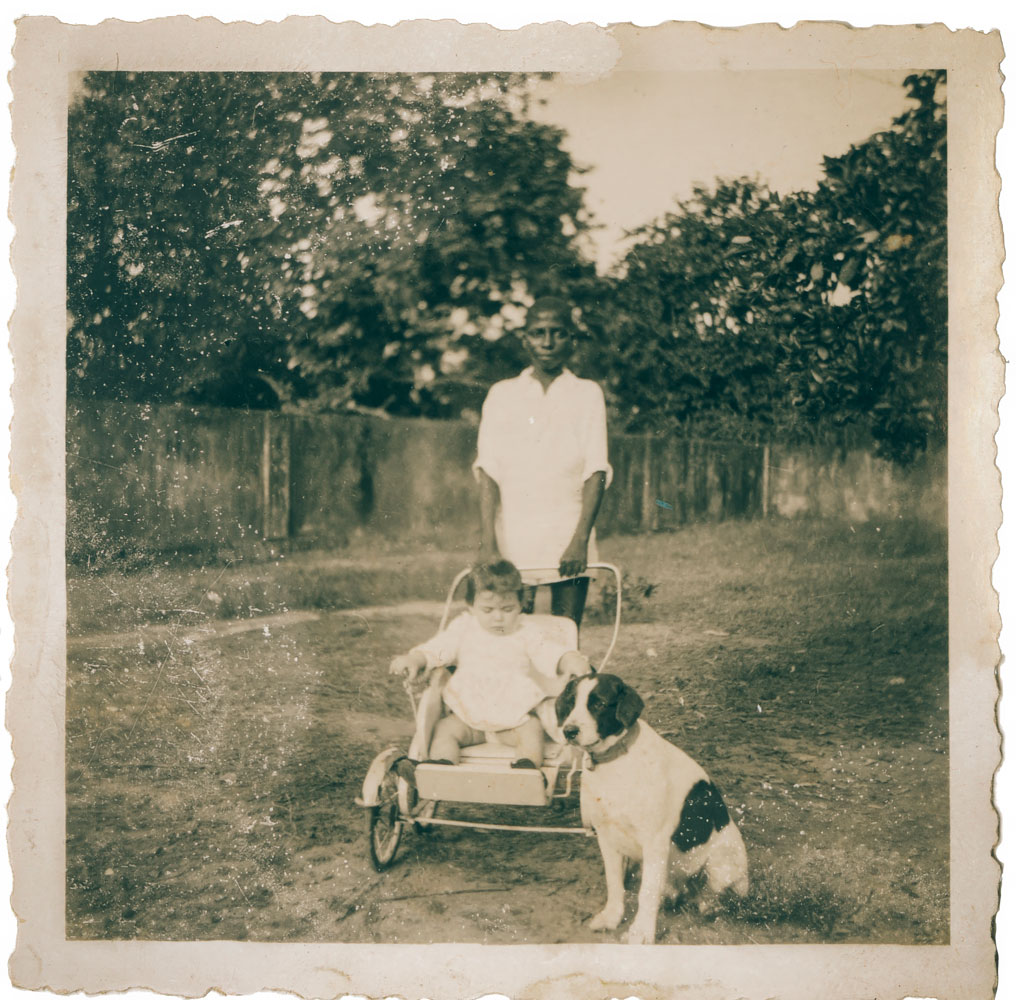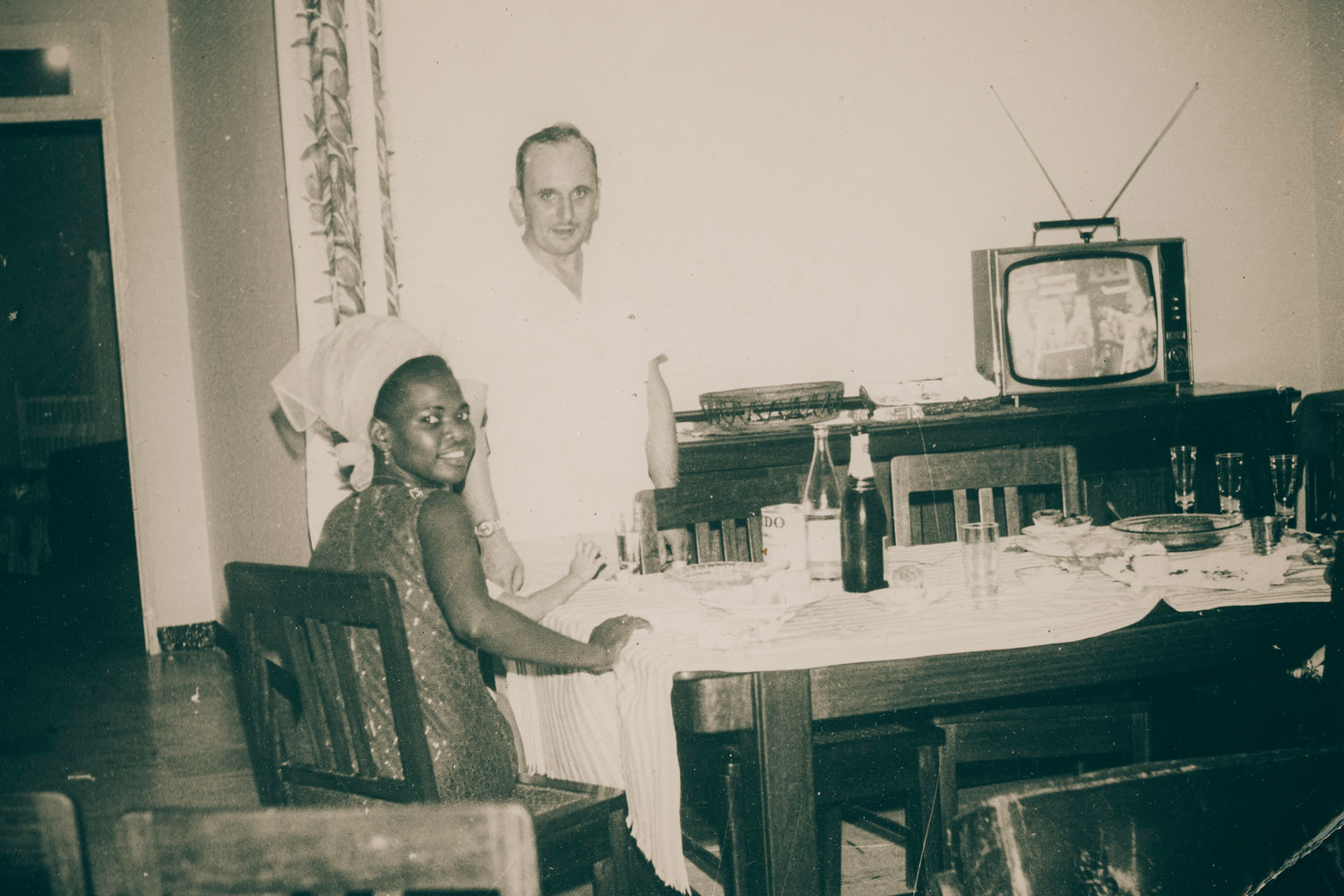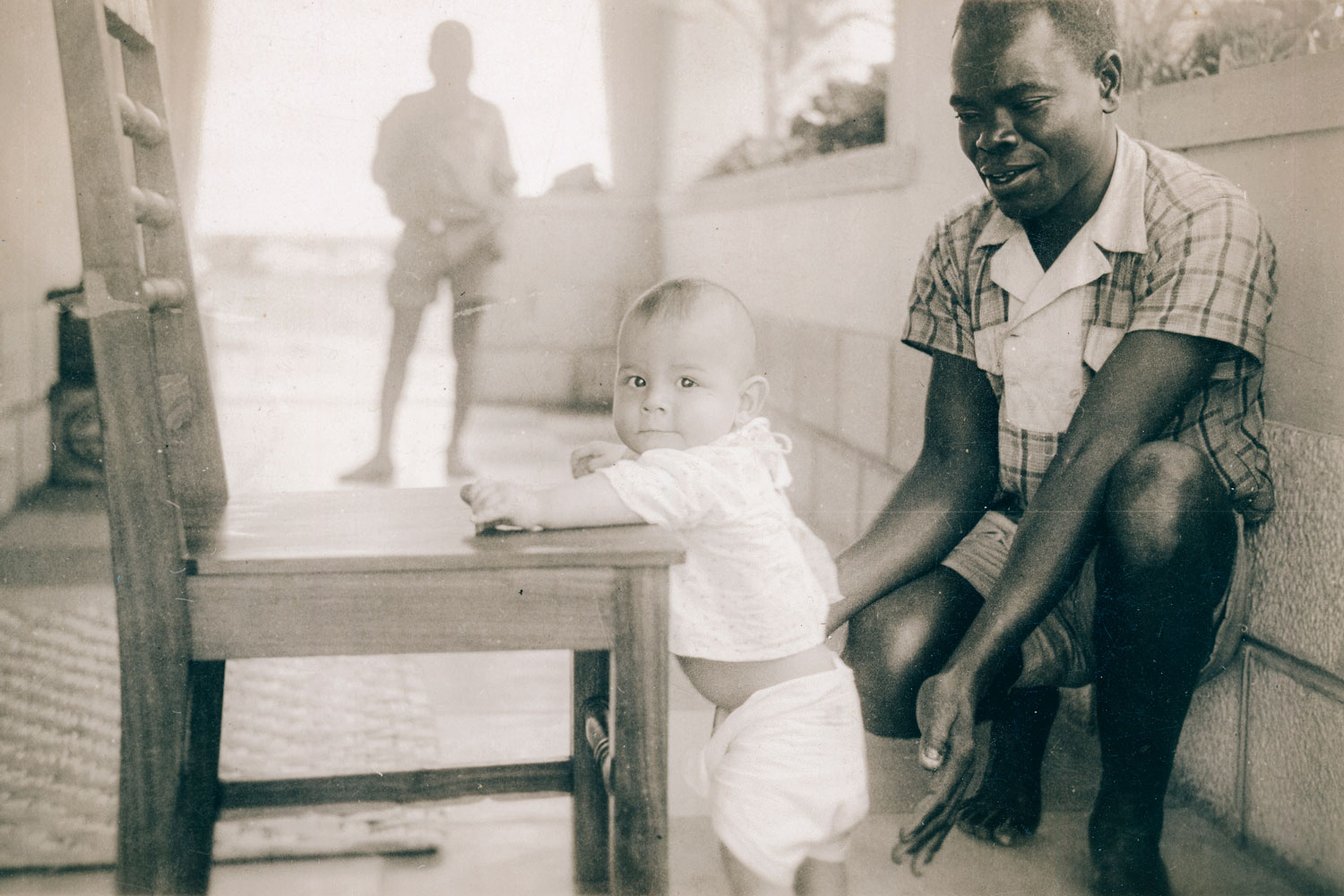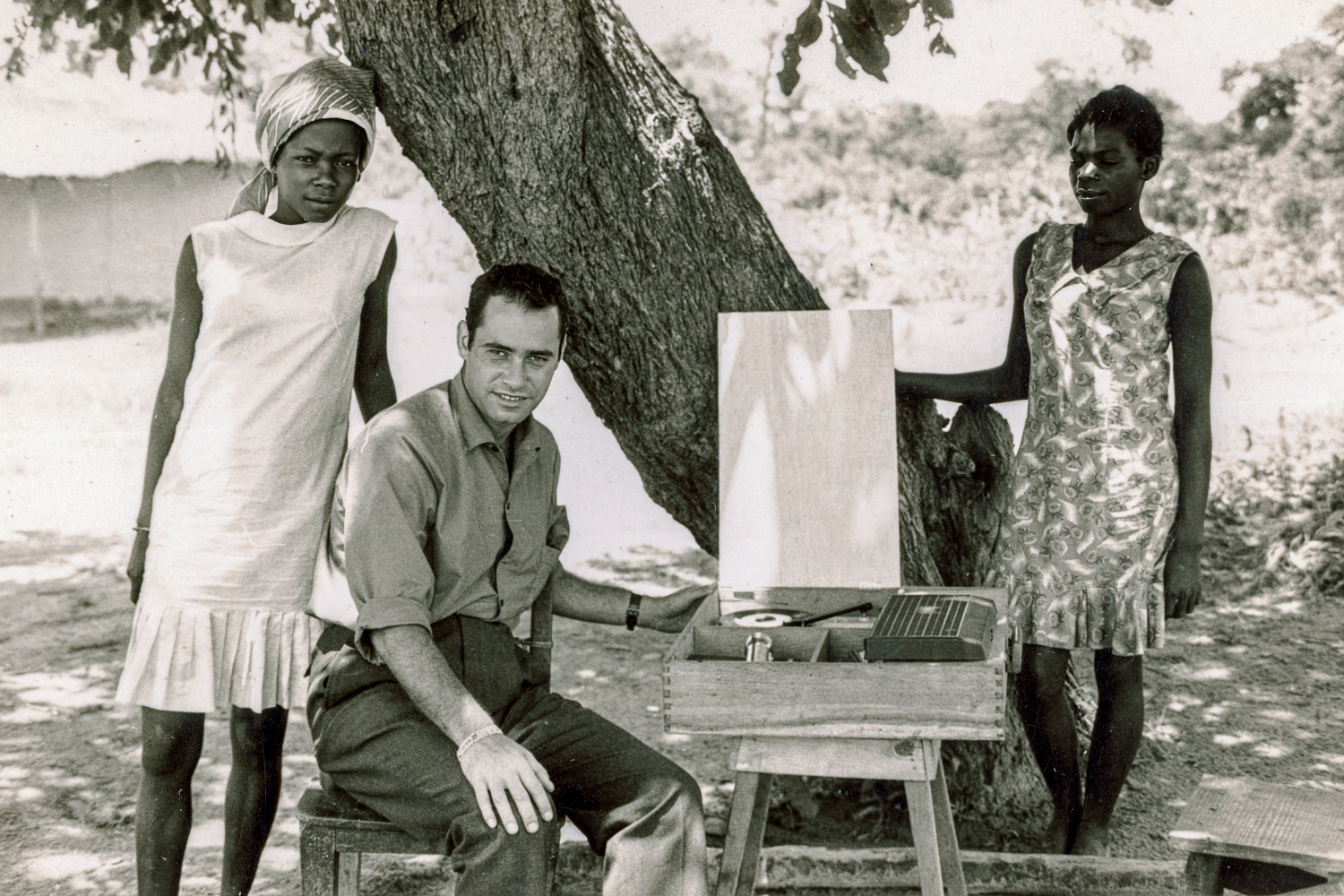Portugal is not a Small Country
Galeria IMAGO LISBOA
Rua do Vale de Santo António 50C, 1170-381 Lisboa
Inauguration → 17 . 10 . 2025 → 10:00 pm
22 . 10 . 2025 → 08 . 11 . 2025
wednesday - saturday → 02:30 pm – 06:30 pm
Curated by
Rui Prata
Artist
Nuno Perestrelo
This work contemplates Portugal’s unresolved
colonial trauma, placing side by
side anonymous and long-forgotten photographic
archives — rescued over years
from Lisbon’s flea markets — with images
made in 2017 during a journey to Mozambique.
It is an exploration of a certain gaze,
persistent in the Western world, of an exoticising
perception intrinsically linked to
structural issues of domination, racism,
and violence.
It is also a necessary act of collective and
self-criticism, at a time when the 50th
anniversary of Portugal’s turbulent decolonization
process is being marked — after
more than 500 years of colonial rule. We
speak of the longest-lasting overseas empire
in history, directly responsible for the
trafficking of half of the 12 million people
who were forcibly taken across the Atlantic
and who constituted some of the first
enslaved individuals to arrive in Brazil,
Cuba, and the United States of America.
A still-dominant Portuguese narrative,
rooted in the myth of the “Discoveries”,
maintains that the country “gave new
worlds to the world”, perpetuating the
idea that its colonial rule was softer, less
violent, when compared to other imperial
powers of the time. And above all, it
downplays the role of slavery as the economic
foundation and driving force of
those centuries.
Divided into distinct conceptual chapters,
this work seeks to build bridges between
past collective experiences and the present,
highlighting the persistent traces of
colonialism in the contemporary world.
Newsletter
Main Sponsorship
Partners









Institutional partners
Special support




